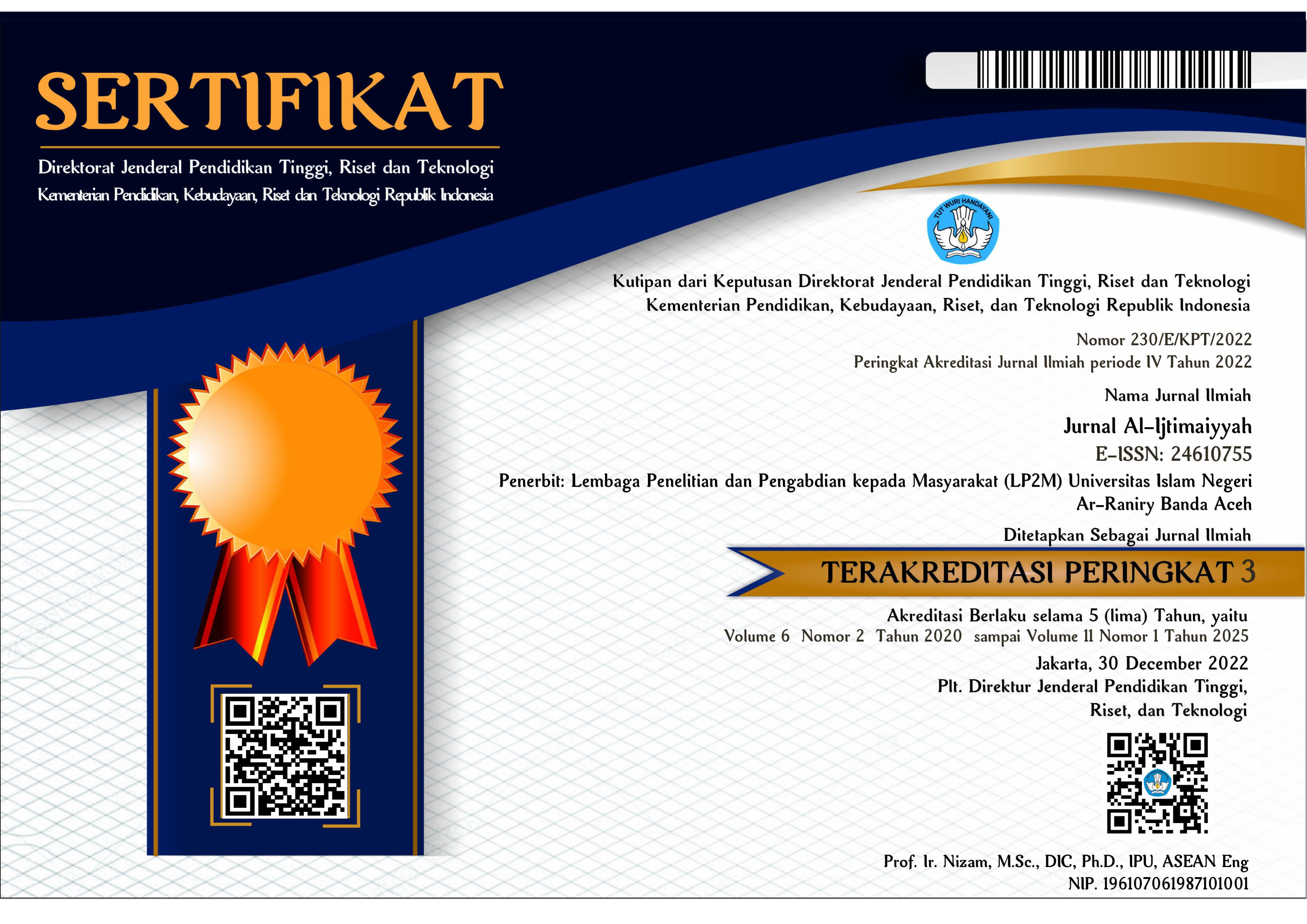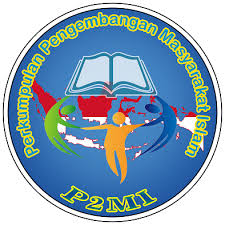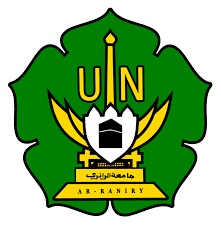COMMUNITY EMPOWERMENT THROUGH SUKA MULIA WASTE BANK IN IMPROVING HOUSEHOLD ECONOMIC WELFARE IN PEMATANG JOHAR VILLAGE - LABUHAN DELI DISTRICT
DOI:
https://doi.org/10.22373/al-ijtimaiyyah.v11i1.30051Keywords:
Community Empowerment, Waste Bank, Economic Welfare, Waste ManagementAbstract
The issue of suboptimal waste management often leads to environmental pollution and neglects the economic potential of household waste. Amidst this issue, the waste bank program emerges as an innovative solution that not only reduces waste volume but also empowers the community economically. This study aims to analyze the role of the Suka Mulia Waste Bank in improving the economic welfare of the community in Pematang Johar Village, Labuhan Deli District. The study uses a qualitative approach with data collection techniques including observation, in-depth interviews, and documentation. The results show that the waste bank plays a significant role in enhancing community welfare through several mechanisms. First, it provides economic incentives such as waste payments, waste savings, and programs to exchange waste for basic needs. Second, it opens new business opportunities through training in recycling waste into economically valuable products such as eco-bricks, paving blocks, liquid fertilizer, and handicrafts. Third, it expands access to social assistance and public services through programs such as paying BPJS premiums, land taxes (PBB), and even school fees from waste savings. This program also fosters environmental awareness and a household-level culture of waste sorting. The success of the waste bank’s implementation is supported by active community participation, village government support, and the involvement of external institutions. Therefore, the waste bank program must continue to be developed with cross-sectoral support so that its benefits can be widely felt, sustainable, and become a model of environmentally based community empowerment.Downloads
References
Agusri, A. et al. 2024. Textbook on Health Promotion (Buku Ajar Promosi Kesehatan). Jakarta: Pt. Sonpedia Publishing Indonesia.
Akhyar Anshori, S. S. M. I. K. et al. 2021. Global & Contemporary Issues: Analysis and Field Facts (Isu-Isu Global & Kontemporer: Analisis dan Fakta Lapangan). Medan: UMSU Press.
Amallia, N., Dewi, L. K., Kusumastuti, H., Asmaria, A., & Fadillah, N. (2024). Pemberdayaan Masyarakat Melalui Bank Sampah Dalam Meningkatkan Kesejahteraan Masyarakat Di Kelurahan Sumberejo Sejahtera Kecamatan Kemiling Bandar Lampung. Jurnal Sosial dan Humanis Sains (JSHS), 9(1), 14-26.
Apriani, D., Robiani, B., Asngari, I., Marissa, F., and Setiawan, S. P. 2022. “Waste Banks for Community Welfare and Economy in Kota Daro II Ogan Ilir Village” (Bank Sampah untuk Kesejahteraan dan Ekonomi Masyarakat di Desa Kota Daro II Ogan Ilir). Journal of Economic Empowerment 1(2): 69–78. https://doi.org/10.35912/jpe.v1i2.714.
Asadiya, F., & Hamid, A. (2024). Pemberdayaan Masyarakat Melalui Bank Sampah Dalam Meningkatkan Kesejahteraan Keluarga. RISOMA: Jurnal Riset Sosial Humaniora dan Pendidikan, 2(2), 54-60.
Detri Karya, Kusumastuti, Y., Eka Rakhmat Kabul, M. S., Mantong, S. H. M. S., and Sjukun, S. T. S. M. M. M. 2024. Qualitative Research Methodology (Metodologi Penelitian Kualitatif). Jakarta: Takaza Innovatix Labs.
Efendi Augus, M. S. 2024. Social Construction Analysis of Community Empowerment through Waste Processing at Mutiara Waste Bank in Medan City (Analisis Konstruksi Sosial Pemberdayaan Masyarakat Melalui Pengolahan Sampah pada Bank Sampah Mutiara Kota Medan). Medan: UMSU Press.
Endi Adriansyah, S. T. M. T. et al. 2023. Waste Management and Processing Technology (Teknologi Pengelolaan dan Pengolahan Sampah). Jakarta: Edu Publisher.
Fefti Yulian Mela, S. E. M. A. C. P. A. A., Hidayat, S. E. M. M. C., Khairul Sabri, S. K. M. K., and Luth Fimawahib, M. K. n.d. Web-Based Waste Bank Management (Manajemen Bank Sampah Berbasis Web). [Place unknown]: [Publisher unknown].
Firdaus and Pratiwi, H. Sekar. 2023. “Household Waste Management Practices from the Perspective of Islamic Jurisprudence” (Praktik Pengelolaan Sampah Rumah Tangga dalam Perspektif Fiqih). Innovative: Journal of Social Science Research 3(2): 7629–7642. https://j-innovative.org/index.php/innovative/article/view/3034/2151.
Hendra, A., Setiawan, I., and Si, D. N. H. M. 2024. Collaborative Governance: A Study of Waste Management towards Zero Waste Zero Emission in Malang City, East Java Province (Collaborative Governance: Suatu Studi Pengelolaan Sampah dalam Mewujudkan Zero Waste Zero Emission di Kota Malang Provinsi Jawa Timur). Malang: CV. RTujuh Media Printing.
Hikmah Perkasa, D., Fathihani, and Apriani, A. 2021. “Community Empowerment through the Establishment of Waste Banks in Tanjung Duren Subdistrict” (Pemberdayaan Masyarakat Melalui Pendirian Bank Sampah di Kelurahan Tanjung Duren). Community Service Journal (Andhara) 1(2): 19–27. http://jurnal.undira.ac.id/index.php/jpmk/.
Maya, S., Haryono, S., and Kholisya, U. 2018. “Community Empowerment through Waste Management into Economic Value and Waste Bank Formation in Tanjung Barat Subdistrict” (Pemberdayaan Masyarakat Melalui Pengelolaan Sampah Menjadi Nilai Ekonomis dan Pembentukan Bank Sampah di Kelurahan Tanjung Barat). Proceeding of Community Development 1(2): 157. https://doi.org/10.30874/comdev.2017.21.
Mursyid, M. 2019. Literacy-Based Community Empowerment (Pemberdayaan Masyarakat Berbasis Literasi). Yogyakarta: Azyan Mitra Media.
Nani, S., and Selvi, S. 2019. “The Role of Waste Banks in Increasing the Income of Women in Pentadu Barat Village, Tilamuta District, Boalemo Regency” (Peran Bank Sampah dalam Meningkatkan Pendapatan Ibu-Ibu Desa Pentadu Barat Kecamatan Tilamuta Kabupaten Boalemo). Pangabdhi Scientific Journal 5(2): 143–154. https://doi.org/10.21107/pangabdhi.v5i2.6199.
Putra, W. T., and Ismaniar. 2020. “Community Empowerment through Waste Management at Waste Banks” (Pemberdayaan Masyarakat Melalui Pengelolaan Sampah di Bank Sampah). Jambura Journal of Community Empowerment 1(2): 1–10. https://doi.org/10.37411/jjce.v1i2.569.
Sa’diyah, A. F., Purnomo, E. P., and Kasiwi, A. N. 2020. “Waste Management in the Implementation of Smart City in Bogor City” (Manajemen Sampah dalam Implementasi Smart City di Kota Bogor). Journal of Government Science Widya Praja 46(1): 271–279. https://doi.org/10.33701/jipwp.v46i1.773.
Seftiani, S. 2024. Green Economy Practices in Indonesia (Praktik Ekonomi Hijau di Indonesia). Jakarta: Yayasan Pustaka Obor Indonesia.
Setyaningsih, E. et al. 2023. Technological and Social Innovation: For Waste Bank Performance to Support the Yogyakarta Zero Waste Movement (Inovasi Teknologi dan Sosial: Untuk Kinerja Bank Sampah Guna Mendukung Gerakan Yogyakarta Zero Sampah). Yogyakarta: Asadel Liamsindo Teknologi.
Shinta, A. and Publisher, B. 2019. Strengthening Pro-Environmental Education in Schools to Increase Youth Environmental Awareness (Penguatan Pendidikan Pro-Lingkungan Hidup di Sekolah-Sekolah untuk Meningkatkan Kepedulian Generasi Muda pada Lingkungan Hidup). Jakarta: Best Media.
SIPSN. 2024. “Performance Achievement of Waste Management” (Capaian Kinerja Pengelolaan Sampah). SIPSN. https://sipsn.menlhk.go.id/sipsn/ (Accessed May 29, 2025).
Syahruddin, A., and Putri, M. 2022. KUPAS: Community Independence Innovation in Panggungharjo through Waste Management (Kupas: Inovasi Kemandirian Masyarakat Panggungharjo Melalui Pengelolaan Sampah). Yogyakarta: Pandiva Buku.
Todaro, Michael P., and Stephen C. Smith. 2006. Economic Development. Boston: Pearson Addison Wesley.
Zuhdi, N. 2025. “Indonesia’s Poor Population Reaches 24.06 Million, BPS: Decreased by One Million” (Total Penduduk Miskin Indonesia 24,06 Juta Orang, BPS: Berkurang Sejutaan). Metrotvnews.com. https://www.metrotvnews.com/read/nlmcjp9l-total-penduduk-miskin-indonesia-24-06-juta-orang-bps-berkurang-sejutaan (Accessed May 29, 2025).
Downloads
Published
Issue
Section
License
Copyright (c) 2025 Nurul Wilda Sari, Efi Brata Madya

This work is licensed under a Creative Commons Attribution-ShareAlike 4.0 International License.
Authors who publish in Jurnal Al-Ijtimaiyyah agree to the following terms:
- Authors retain copyright and grant the journal right of first publication with the work simultaneously licensed Attribution-ShareAlike 4.0 International (CC BY-SA 4.0) that allows others to share the work with an acknowledgment of the work's authorship and initial publication in this journal.
- Authors are able to enter into separate, additional contractual arrangements for the non-exclusive distribution of the journal's published version of the work (e.g., post it to an institutional repository or publish it in a book), with an acknowledgment of its initial publication in this journal.
- Authors are permitted and encouraged to post their work online (e.g., in institutional repositories or on their website) prior to and during the submission process, as it can lead to productive exchanges, as well as earlier and greater citation of published work. (See The Effect of Open Acces)









